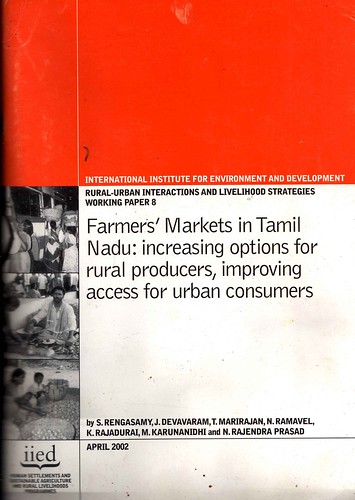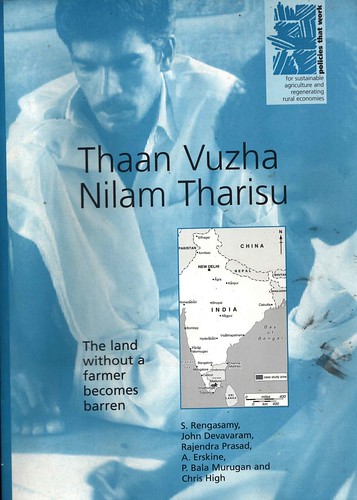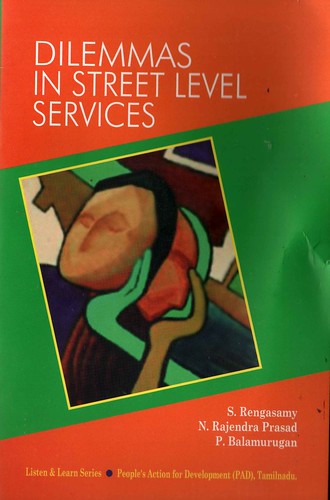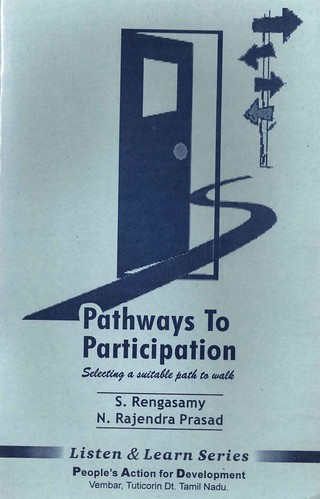I owe a lot to people with a native wisdom who helped me to understand certain basic concepts that as a social worker I am expected to understand. Native wisdom has the power to clarify complex concepts in a surprisingly simple way. Native wisdom no doubt enrich social work, both teaching and practice, but I have to admit that as a social work educator, I failed to nurture it both in me and in my students, because of my own ignorance about its value. My mind goes blank, if I attempt to recollect what I have learnt it from the classroom as a student. Though I had some good teachers, they could not nail me down with their interpretation dyed with their native wisdom. Even good teachers interpreted certain concepts in such a way that alienated students from the subject. Since, I followed their foot steps, I would have continued the same mistakes with my students unconsciously. (Sorry Students)
It was an ordinary police constable (father of a student) who helped me to better understand the meaning of “SOCIAL” in “SOCIAL WORK” which I proudly shared it in my class room for the past several years. It was Mr. Indira Soundarajan, a popular Tamil writer, who made me to understand the meaning of “community pace” from a native perspective. There are lots of examples like this. That is why I said, I owe a lot to ordinary men & women who took pains to dye me with the native wisdom.
In the beginning of my teaching carrier, I was searching to find out the etimiology of social work i.e. Samoogappani in Tamil, that took me to several Tamil scholars, a few of them were useful and suggested me to refer Tamil Nigandus (Dictionaries), through which I learned about 22 Arams (இருபத்தி இரண்டு அறம் ), an inclusive welfare concept, about which any tamilians can be proud of. Since I was half hearted in my attempt, I could not make any appreciable output out of that.
Some years ago, out of my interest, I arranged for a small interdisciplinary dialogue, to throw light on the principles of social work from the perspective of Tamil literature and culture. We invited Dr. E.K.Ramasamy of
After this I literally stopped interpreting certain concepts as we did conventionally, but I could not equip myself to interpret it in a different way. I was feeling helpless and ordinary people came to my rescue.
One such wonderful man I met recently was Sri. Jeyapandian, an ordinary load man in Madurai Central Vegetable Market, with an admirable qualities and native wisdom. Without any formal schooling, he designed more than 100 prototype models, ranging a water splasher to wake anyone from sleep and a robo to safeguard our national boundary. He used scientific principles of mechanics, hydraulics, electronics and computers in designing and developing his prototype models.More than his models, I was interested to listen to him, for the ease with which he used idioms, phrases and proverbs to explain his points.
When he talked about human feelings, he emphasized the need for empathy in his own native way. In Jayapandian’s words “empathy should be like ...secreting saliva automatically when we happened to see a person chewing a tamarind fruit” (அடுத்தவங்க புளியங்காயை வாயிலே வச்சதும் நம்ம நாக்கிலே எச்சி ஊருவது போல) . This I can understand better than putting my self in other shoes.
This native touch will definitely enrich our understanding of social work concepts and one can see lot of such examples in management education.
Sri Jayapandian's demonstration of remotely operated rifle robo at Madurai Institute of Social Sciences










No comments:
Post a Comment